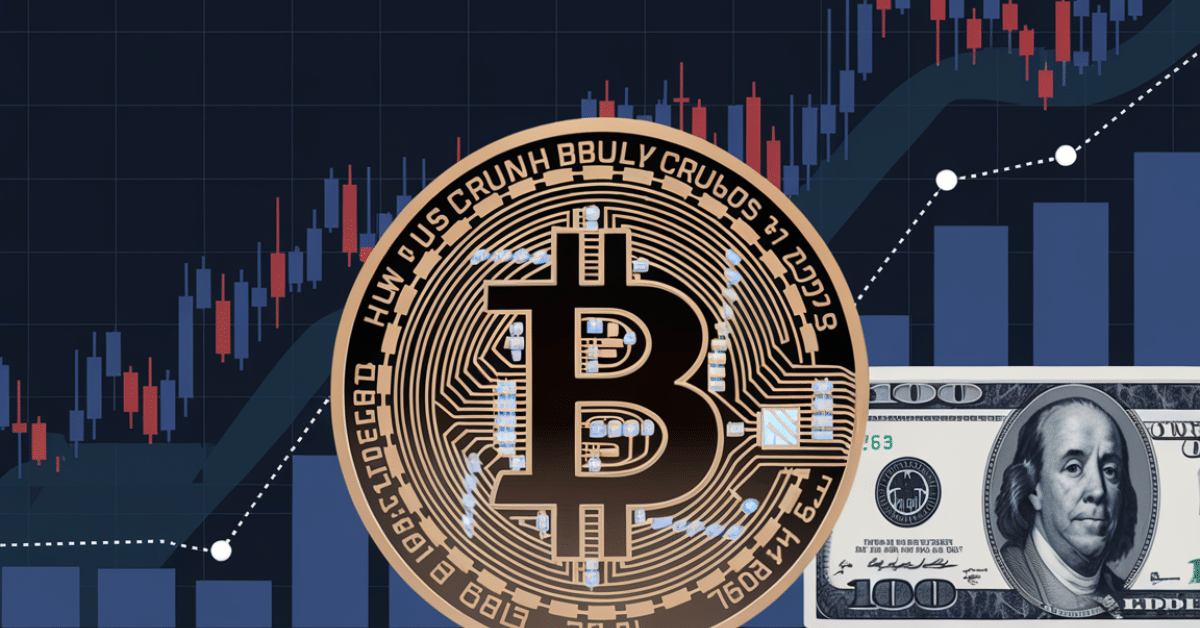Key Takeaways
- Bitcoin transactions typically take between ten minutes and one hour to complete, with an average of around one hour.
- Bitcoin’s focus on being a store of value helps lessen congestion issues, keeping transaction fees relatively low.
- Bitcoin offers a higher degree of privacy than traditional banking systems.
Launched in 2009, Bitcoin remains a leading cryptocurrency. It offers several advantages over traditional currencies, including security, pseud anonymity, speed, and low transaction costs.
One of the challenges facing cryptocurrencies is relatively slow transaction times. Network congestion, cryptocurrency type, consensus mechanism, and transaction fees can impact processing speed.
How Long Does It Take to Send Bitcoin?
Bitcoin transaction times can vary from ten minutes to one day, with an average of around one hour. Network fees and congestion are key factors affecting speed. Unlike Ethereum, Bitcoin’s focus on being a store of value helps mitigate congestion issues, keeping transaction fees relatively low. Understanding these factors allows you to better manage your expectations and optimize your Bitcoin transactions.
Understanding the Bitcoin Network
To maintain its network, Bitcoin relies on a proof-of-work (PoW) consensus mechanism. Miners, acting as nodes, validate transactions and earn Bitcoin as a reward. Transaction fees are also distributed to miners based on their contributions.
Transaction Confirmation
A Bitcoin transaction requires six confirmations to be considered complete. Each confirmation typically takes around ten minutes, resulting in an average waiting time of approximately one hour. However, some providers may speed up the process, offering partial confirmations within ten to twenty minutes.
Remittance System
Bitcoin’s remittance system is similar to traditional banking. Funds are released early, expecting full confirmation later, making transactions more convenient for everyday users.
Benefits of Sending Bitcoin
Bitcoin offers several advantages over traditional currencies, including lower transaction fees, faster processing times, anonymity, global accessibility, and versatility. While KYC procedures may be required for certain transactions, once Bitcoin is in your wallet, you can send it freely to other wallets without restrictions.
- Enhanced Privacy: Bitcoin offers greater privacy than traditional banking systems. Your money is safe as long as you have access to your private keys.
- Independence: You’re not reliant on intermediaries or bureaucratic processes for transactions.
- Control: Bitcoin gives you complete control over your finances.
Bitcoin is fast, low-cost, pseudonymous, non-bureaucratic, secure, and provides complete financial control. These benefits make it an attractive alternative to traditional banking systems.
Benefits of Bitcoin ATMs
Bitcoin ATMs offer a convenient way to buy and sell cryptocurrencies. They are user-friendly, often require KYC verification, and display transparent fees. However, they may be located in urban areas, have higher fees compared to some online options, and may have longer verification times. Choosing a reputable BTM provider with clear fees and excellent customer service can enhance your experience and minimize risks.
Related Article: Buy Bitcoin Through an ATM
How to Send and Receive Bitcoin
To send or receive Bitcoin, create a wallet, secure your private key, and use the recipient’s wallet address to initiate transactions. The process is straightforward, and transactions typically take around 60 minutes to complete. Remember to protect your private key to maintain access to your funds.
Final Thoughts
Bitcoin transactions typically take around one hour to complete, but network fees and congestion can affect speed. Bitcoin’s focus on being a store of value helps lessen congestion issues, keeping transaction fees relatively low. Understanding these factors allows you to manage your expectations and optimize your Bitcoin transactions.
Check out these related articles.



























